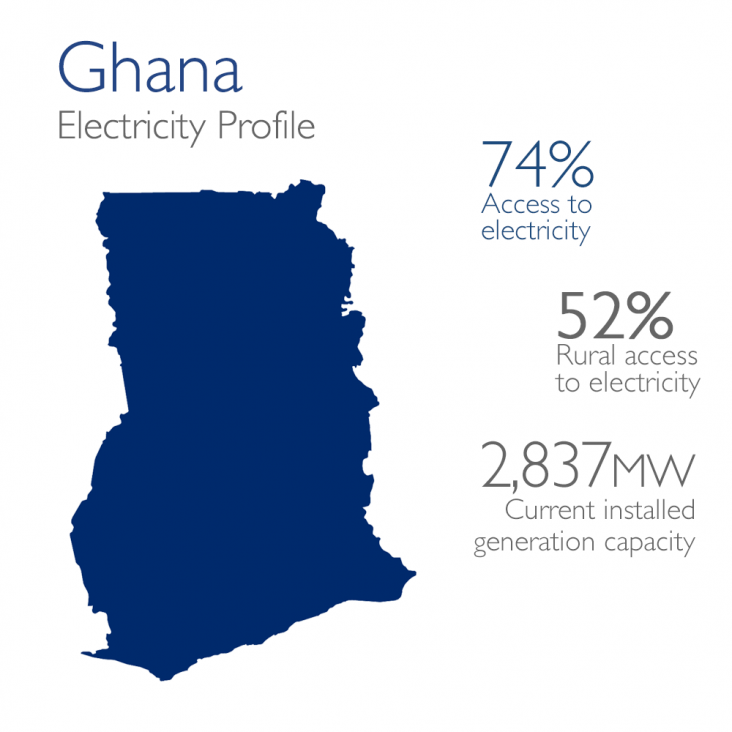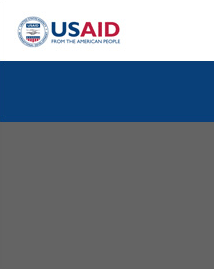- Where We Work
- Interactive Map
- Afghanistan and Pakistan
- Africa
- African Union
- Power Africa
- About Us
- How We Work
- Partners
- News & Information
- Power Africa Toolbox
- Where We Work
- Angola
- Benin
- Botswana
- Burkina Faso
- Burundi
- Cameroon
- Chad
- Côte d`Ivoire
- Democratic Republic of the Congo
- Djibouti
- Eritrea
- Ethiopia
- Gabon
- Gambia
- Ghana
- Guinea
- Guinea Bissau
- Kenya
- Lesotho
- Liberia
- Madagascar
- Malawi
- Mali
- Mauritania
- Mozambique
- Namibia
- Niger
- Nigeria
- Republic of Congo
- Rwanda
- Senegal
- Sierra Leone
- South Africa
- South Sudan
- Swaziland
- Tanzania
- Togo
- Uganda
- Zambia
- Trade and Investment Engagement
- Angola
- Benin
- Botswana
- Burkina Faso
- Burundi
- Cameroon
- Central Africa Regional
- Central African Republic
- Chad
- Côte d'Ivoire
- Democratic Republic of the Congo
- Djibouti
- East Africa Regional
- Ethiopia
- Ghana
- Guinea
- Kenya
- Lesotho
- Liberia
- Madagascar
- Malawi
- Mali
- Mauritania
- Mozambique
- Namibia
- Niger
- Nigeria
- Republic of the Congo
- Rwanda
- Sahel Regional
- Senegal
- Sierra Leone
- Somalia
- South Africa
- South Sudan
- Southern Africa Regional
- Sudan
- Swaziland
- Tanzania
- Uganda
- West Africa Regional
- Zambia
- Zimbabwe
- Asia
- Europe and Eurasia
- Latin America and the Caribbean
- Middle East
- Mission Directory
Ghana
POWER AFRICA FACT SHEET
Ghana Energy Sector Overview
One of Ghana’s paramount constraints to economic growth is its unreliable and inadequate supply of electric power. The country has 2,930 megawatts (MW) of installed generation capacity, including 1,380 MW of hydro generation, (of which nearly 700 MW is actually available) and 1,550 MW of thermal generation capacity, (of which 890 MW is from independent power producers [IPPs]). Actual availability rarely exceeds 2100 MW, leaving around 400 MW of unmet demand on a daily basis, serving a population of 27.4 million that is growing at 2.3 percent per year.
To address the electricity supply constraint, the Government of Ghana (GOG) added nearly 600 MW of generation capacity in late 2015/early 2016, by bringing online four power projects: Karpower barge (225 MW); Ameri Power (250 MW); TICO steam turbine (110 MW); and BXC solar (20 MW). A number of private and public-sector projects are also in the advanced stages of construction (about 750 MW of dependable capacity). In addition, another 1,000 MW of generation capacity is reported to be committed, having signed power purchase agreements (PPAs) and obtained Parliamentary approval. In light of this, the GoG is reviewing the need for additional power generation capacity in the next five years.
Ghana’s power sector is undergoing slow reform as the U.S. Government and other partners focus on the following priorities: (1) initiating a lowest-cost, transparent approach to generation expansion including competitive bidding; (2) building a transparent framework for the development and management of Ghana’s substantial natural gas resources; (3) assisting in creating financial solvency of the fuel and power supply chain, including effective allocation and pricing of legacy hydropower; (4) improving integrated resource and resiliency planning among the generation, transmission, and distribution sectors; (5) improving energy efficiency and demand-side management; and (6) expanding renewable energy sources.

Power Africa Support
Power Africa supports the GOG’s generation goals with technical assistance and capacity building focused on financial management, policy reform, gas and power project securitization, and tariffs. Power Africa is facilitating cross-border regional trade, and by supporting and mobilizing financing for new generation projects. Currently, Power Africa is supporting 6 priority transactions having the potential to add over 2000 MW to Ghana’s grid over the next three to four years. The U.S. Government is working closely with the GOG on several key power and energy initiatives including the Partnership for Growth and the second Compact issued by the Millennium Challenge Corporation (MCC). In August 2014, MCC, a critical part of the U.S Government’s inter-agency Power Africa team, and the GOG signed a $498.2 million second compact that focuses strictly on power distribution. The Compact’s keystone project aims to improve the creditworthiness of the Electricity Company of Ghana (ECG) and the management of the Northern Electricity Distribution Company, the nation’s off-takers and distributors of electric power, by supporting the transformation of their management and operation to private sector principals.
In the generation sector, Power Africa technical assistance to Ghana helped bring the CenPower/Kpone (348 MW) IPP transaction to financial close. Currently, Power Africa is supporting GOG in closing priority gas transactions such as Bridge power (400 MW), Ghana 1000 (375+375 MW), Amandi (192 MW), Globaleq (450 MW) and Jacobsen (400 MW), as well as a number of renewable energy projects.
Power Africa has been particularly successful in expanding Ghana’s nascent gas sector. The Initiative facilitated the development of the Jubilee Field, Ghana’s first offshore natural gas field. Jubilee began commercial operations in May 2015, producing 100 million standard cubic feet of gas per day. Power Africa also supported the GOG and the World Bank to enable a partial risk guarantee and investment lending to develop the Sankofa field, which will produce more than 180 million standard cubic feet of gas per day, and can support nearly 2000 MW of thermal power generation capacity to Ghana’s power grid. In addition, Power Africa is working with the GOG to make the gas sector more efficient and effective, supporting the implementation of a long-term Gas Master Plan, the development of gas transmission infrastructure, the production and processing of domestic natural gas, and the importation of liquefied natural gas (LNG) as a supplementary fuel for Ghana’s thermal generation plants.
| Highlighted Transactions | ||||||
| Name | MW | Type of Transaction | Value (USD Million) | Timeline | Power Africa Support | GOG Actions |
| CenPower Kpone | 348 MW | CCGT(Gas/ Liquids) |
$900 million |
* Reached financial close, Q4 2014 * Construction, started mid-2015 |
* Review of loan documents * Assistance with lender requests * PPA negotiation * Due diligence on Cenpower’s financial models, and reports/recommendations for the Electricity Company of Ghana /Ministry of Finance and Economic Planning |
* Approved Government Consent and Support Agreement. |
About Power Africa
Power Africa is a multi-partner initiative launched by President Obama in 2013. Power Africa’s goals are to increase electricity access in sub-Saharan Africa by adding more than 30,000 megawatts of cleaner, more efficient electricity generation capacity and 60 million new home and business connections.
Power Africa works with African governments and private sector partners to remove barriers that impede sustainable energy development in sub-Saharan Africa and to unlock the substantial wind, solar, hydropower, natural gas, biomass, and geothermal resources on the continent.
Mobilizing Partnerships & Investments
Power Africa draws on the combined expertise and abilities of 12 U.S. Government agencies, the World Bank Group, the African Development Bank, the Government of Sweden, the Government of Norway, the Government of Canada, the Government of Japan, the UK Department for International Development, the International Renewable Energy Agency, African governments, and private sector partners. Power Africa’s “Toolbox” approach offers a range of resources to advance key projects on the electricity grid and, through the Beyond the Grid sub-initiative, in places where the national grid doesn’t reach.
Power Africa Contact for Ghana
Robert Buzzard
Email: robuzzard@usaid.gov
Power Africa Coordinator
Andrew Herscowitz
Email: powerafrica@usaid.gov
Follow on Twitter: @aherscowitz
Related Links
Power Africa Ghana Factsheet ![]() (pdf - 532k)
(pdf - 532k)








Comment
Make a general inquiry or suggest an improvement.